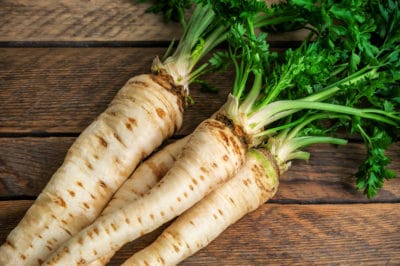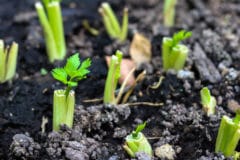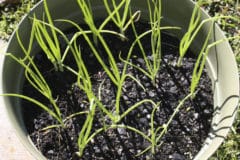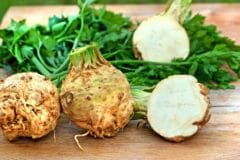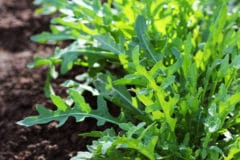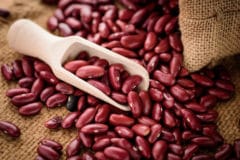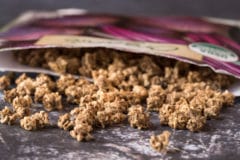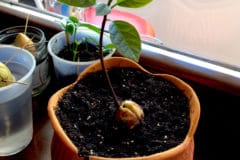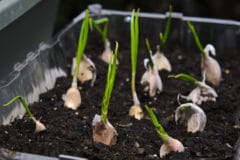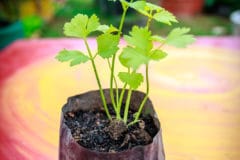Soil Condition
Parsnips don’t make a lot of demands on the gardener, but one thing they must have is the right soil. The long roots need loose, fine-textured soil for at least 12 to 14 inches from the surface. The thick, carrot-like roots won’t do well in compacted soil. A sandy loam is ideal; if your soil has a lot of clay, add fine sand or humus like compost or well-rotted leaves.
Seeding and Thinning
Parsnip seed must be fresh, preferably no more than one year old. If your seed is older, plant much more thickly. The best soil temperature for germination is 55 to 75°F (13 to 24°C); mid June to July is a good time. Plant ½ inch deep and ½ inch apart. Seed may take a month to germinate. Thin to 4 inches with fine-pointed scissors rather than pulling plants.
Water
Parsnips need water, but if over-watered or sown into cold, wet soil, they may very well rot. Mold is another problem that may occur in parsnips if the soil is excessively soggy. However, they will germinate better if the seed is soaked overnight. Aim for a minimum of one inch of water per week. Check the soil every day or two and water if the top inch is dry.
Fertilizer
A basic organic 20-20-20 or 5-10-10 fertilizer is a good choice for parsnips. Side dress the fertilizer (place a band of fertilizer along the rows) and water in well. Aged manure or compost are best worked into the soil well ahead of planting time. Don’t use fresh manure or extra nitrogen, as it increases the risk of forked roots.
Best Varieties
All varieties of parsnips are white or cream-colored and about 10-12 inches long at maturity.
- All American – (125 days); a bit sweeter than average.
- Harris Model – (95 days): considered the standard against which other varieties are judged.
- Hollow Crown – (95 to 120 days); slightly longer at 12 inches.
- Gladiator – (110 days); hybrid ready at seven inches but will grow longer.
Harvest
You can harvest parsnips as soon as they are mature, however, they will be sweeter after one or two frosts. Start checking about a week before they should be ready. Since they store well in the garden, simply leave them there and harvest through the winter. You may want to mulch with deep hay or leaves in very cold climates. Dig carefully to prevent damaging the roots.
